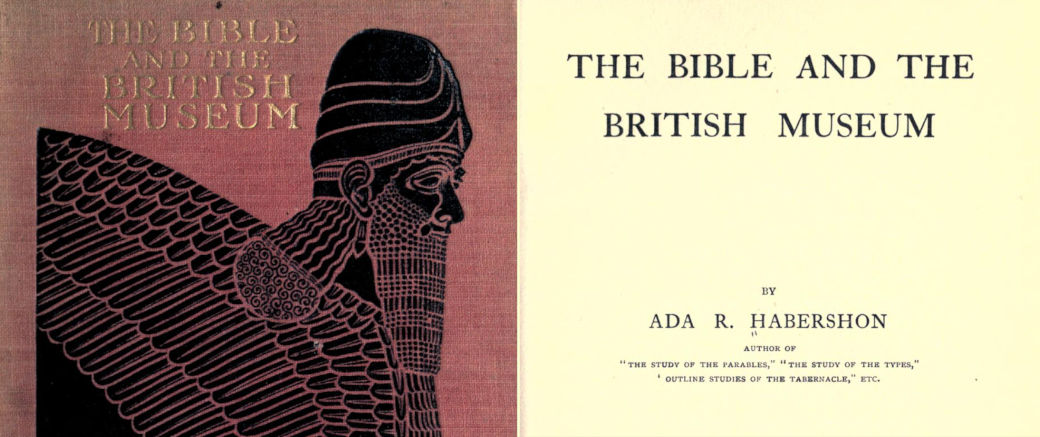Il tuo carrello è attualmente vuoto!
Tag: English
1.27 I can’t come (irregular verbs)
Step 1 – watch this video Watch the video. You don’t need to understand everything. The exercises below will help you retain the information.
New words
to build: build, built, built
to cut: cut, cut, cut
to do: do, did, did
to drink: drink, drank, drunk
to feel: feel, felt, felt
to have: have, had, had
to hear: hear, heard, heard
to say: say, said, said
to sleep: sleep, slept, slept1-27 Pronunciation 1-27 (have, has, had) 1-27 Speaking 1.24 Yesterday was amazing!
Step 1: watch Watch the video. You don’t need to understand everything. The exercises below will help you retain the information.
New words
amazing
interesting
a break
dance
traditional
culture
1-24 pronunciation (-ed) Listen
1.26 This game is fun!
Step 1: watch this video Watch the video. You don’t need to understand everything. The exercises below will help you learn the important points.
Italiano
Guarda il video per ambientarti, non devi capire tutto. Saranno gli esercizi sotto a farti assorbire il contenuto importante.
New words
Ought to
Statue of Liberty
Sorry
Look out!
Until
to win: win / won / won
to find: find / found / found
1-26: pronunciation Listen and Read
Grammar: modals for advice (should, ought to, had better) 1-26: Speaking 1.25 Watch out!
Step 1 – watch this video Watch the video. You don’t need to understand everything. The exercises below will help you learn the important points.
Italiano
Guarda il video per ambientarti, non devi capire tutto. Saranno gli esercizi sotto a farti assorbire il contenuto importante.
In questo video una signora esplora i monumenti della capitale. Poi si scontra con un uomo. L’uomo introduce un gioco in stile “caccia al tesoro”. I due giocano per un po’ prima di rincontrarsi.
New Words
Scavenger hunt – caccia al tesoro
Watch out! – Attenta!
Should – dovresti
Bald eagle – aquila di mare testabianca
Fun fact – fatto interessante (divertente)
to catch: catch / caught / caught – prendere (acchiappare, catturare)
to find: find / found / found – trovareNew Words
Scavenger hunt
Watch out!
Should
Bald eagle
Fun fact
to catch: catch / caught / caught
to find: find / found / found
1-25 pronunciation (didn’t) Listen and Read
Should vs Shall
Grammar: should = advice; shall = promise Basic rules for modal verbs
- The simple form of a verb goes after a modal.
- Do not add the third person “s” to a verb after a modal.
It would sound strange to say “He should visits Prague” or “He should to visit Prague.” The correct way is “He should visit Prague.”
Italiano
Come dare consigli usando i verbi modali. I verbi modali sono verbi ausiliari che esprimono l’atteggiamento del parlante e la forza di tale atteggiamento. Ad esempio, “He should visit Prague”.
In questa frase, “should” è il verbo modale e “visit” è il verbo principale.
La forma semplice di un verbo va dopo il modale.
Non aggiungete la terza persona “s” a un verbo dopo un modale. Sarebbe strano dire “He should visits Prague” oppure “He should to visit Prague.” La forma corretta è “He should visit Prague.”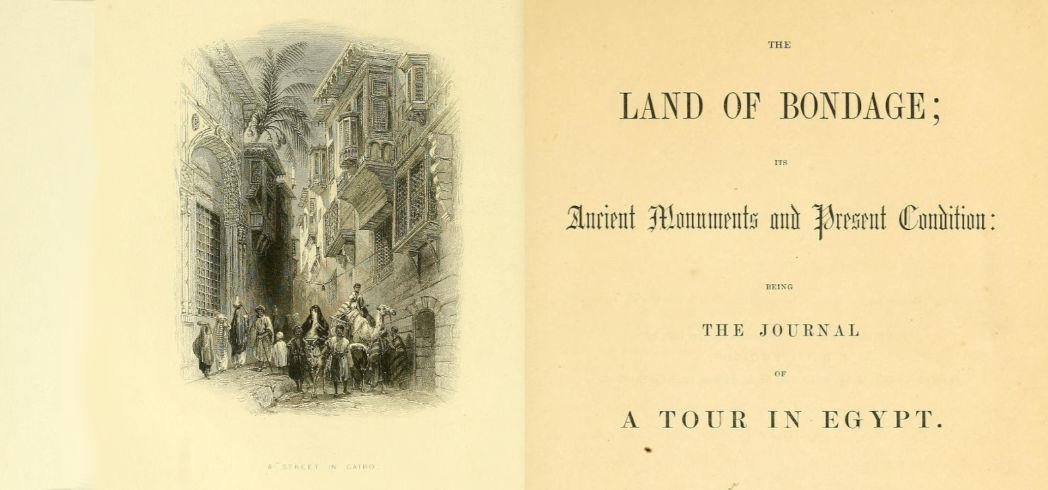
Egypt, Land of Bondage: a travel journal from 1852
Journey from Italy to Egypt at a time when British warships threatened the city of Naples
[3d-flip-book id=”94″ ][/3d-flip-book]
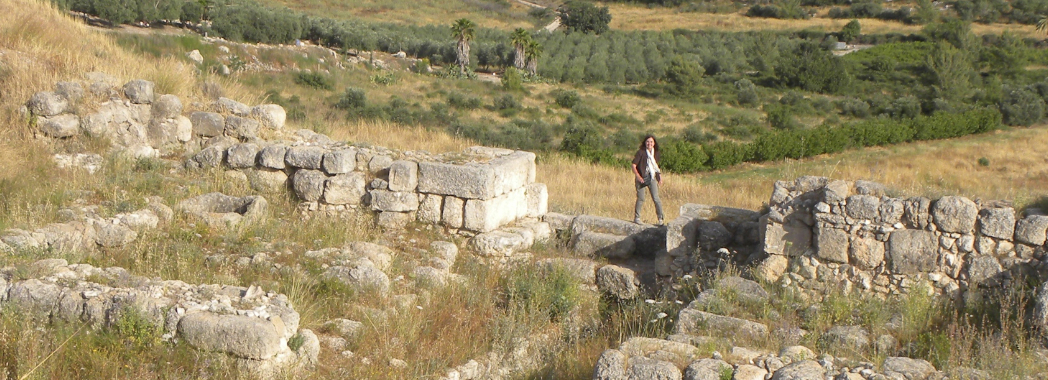
The Bible: history or fantasy
Reading names like Nebuchadnezzar, Sennacherib, Tirhaka, etc. can feel like reading fantasy rather than history, but a quick tour of the world’s top museums is enough to realize that these names belong to real people. Nebuchadnezzar, for example, was named in honor of the Babylonian god Nabu (Nabu – Kudurri – Ussur). Historians refer to him as Nebuchadnezzar II, and the ruins of ancient Babylon are littered with mudbricks that have his name stamped on them.
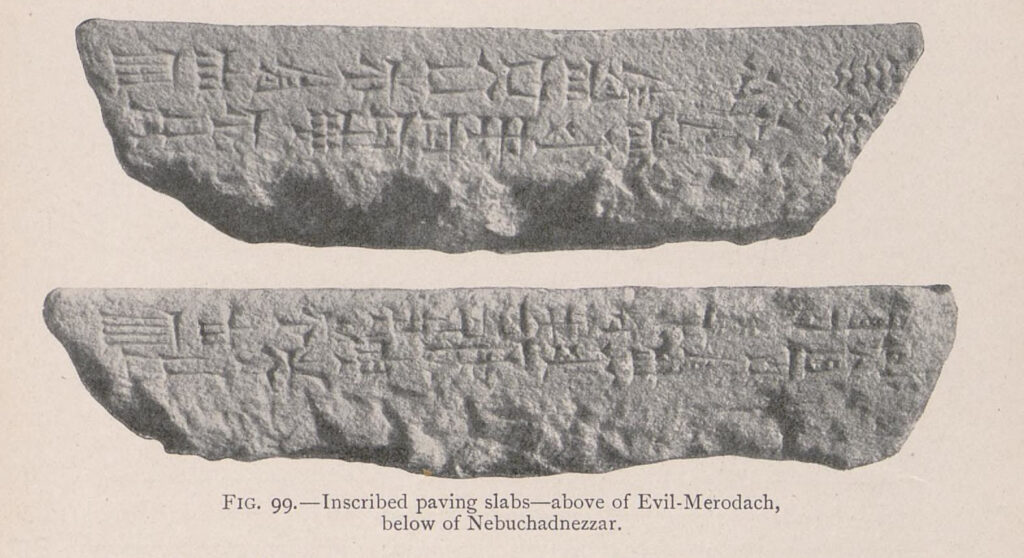
Artifacts bearing the names of Nebuchadnezzar (above) and his son Amil-Marduk (below) The same goes for the names of biblical cities, many of which have now been explored and shown to line of with the information provided about them in the Bible. Consider for example the monumental six-chambered gates found at cities like Gezer, Lachish, and Megiddo. These impressive structures were built with a consistent pattern: a massive gate flanked by six large chambers, three on the left and three on the right.
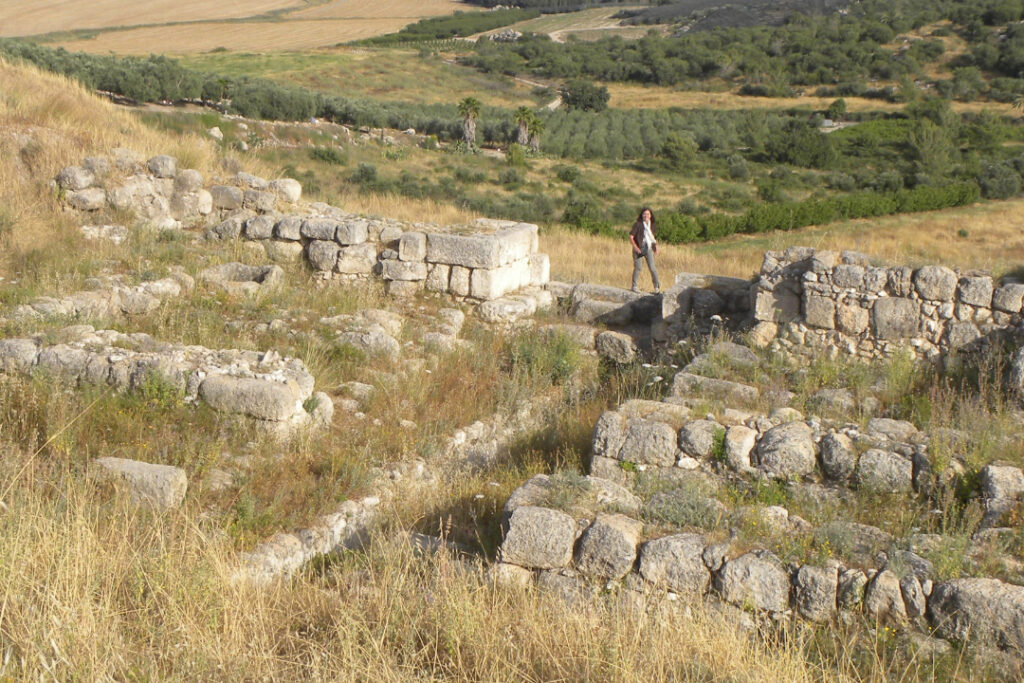
Monumental six-chambered gate at biblical Gezer (CC BY-SA 2.0) Ian Scott Realizing that the names of kings and cities in the Bible are the product of historical fact may surprising for some, but what’s truly surprising for all is the fact that even minor details, such as the names of marginal characters and specific events match the archeological record, showing that the texts we read today were written as the events were taking place (and not centuries after the fact).
One of the clearest examples of this is found in the book of the prophet Jeremiah. The Bible tells us that Jeremiah’s warnings of impending judgement were met with strong resistance. Four of the king’s ministers even tried to have the prophet killed, and we aren’t spared any details about the event. Not only do we know the names of these men, but also their social status and the names of their fathers. They were:
- Shephatiah the son of Mattan
- Gedaliah the son of Pashhur
- Jucal the son of Shelemiah
- Pashhur the son of Malchijah
Archeological digs in Jerusalem have recently uncovered the official seals of two of these four men, along with the seal of one man who helped protect Jeremiah (Gemariah the son of Shaphan). This was no casual find, the seals bear the names of each nobleman along with the name of his father and were found in the destruction layer created by Nebuchadnezzar’s troops.
3D reconstruction of the rings of Gemariah, Jucal and Gedalia based on the bullae (i.e. the seal impressions) found in Jerusalem. But archeology can help us with much more than just demonstrating the historical validity of the Bible. Coming into close contact with the past also makes the Bible easier to understand, appreciate and remember. So don’t stop digging, there’s much more to learn!
Shephatiah the son of Mattan, and Gedaliah the son of Pashhur, and Jucal the son of Shelemiah, and Pashhur the son of Malchijah, heard the words that Jeremiah spoke to all the people, saying, 2 “Yahweh says, ‘He who remains in this city will die by the sword, by the famine, and by the pestilence; but he who goes out to the Chaldeans will live, and he will escape with his life, and he will live.’ 3 Yahweh says, ‘This city will surely be given into the hand of the army of the king of Babylon, and he will take it.’”
4 Then the princes said to the king, “Please let this man be put to death; because he weakens the hands of the men of war who remain in this city, and the hands of all the people, in speaking such words to them: for this man doesn’t seek the welfare of this people, but harm.”
5 Zedekiah the king said, “Behold, he is in your hand; for the king can’t do anything to oppose you.”
Jeremiah 38 (WEB)
